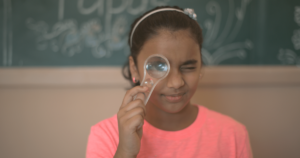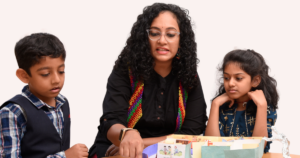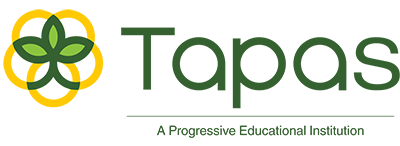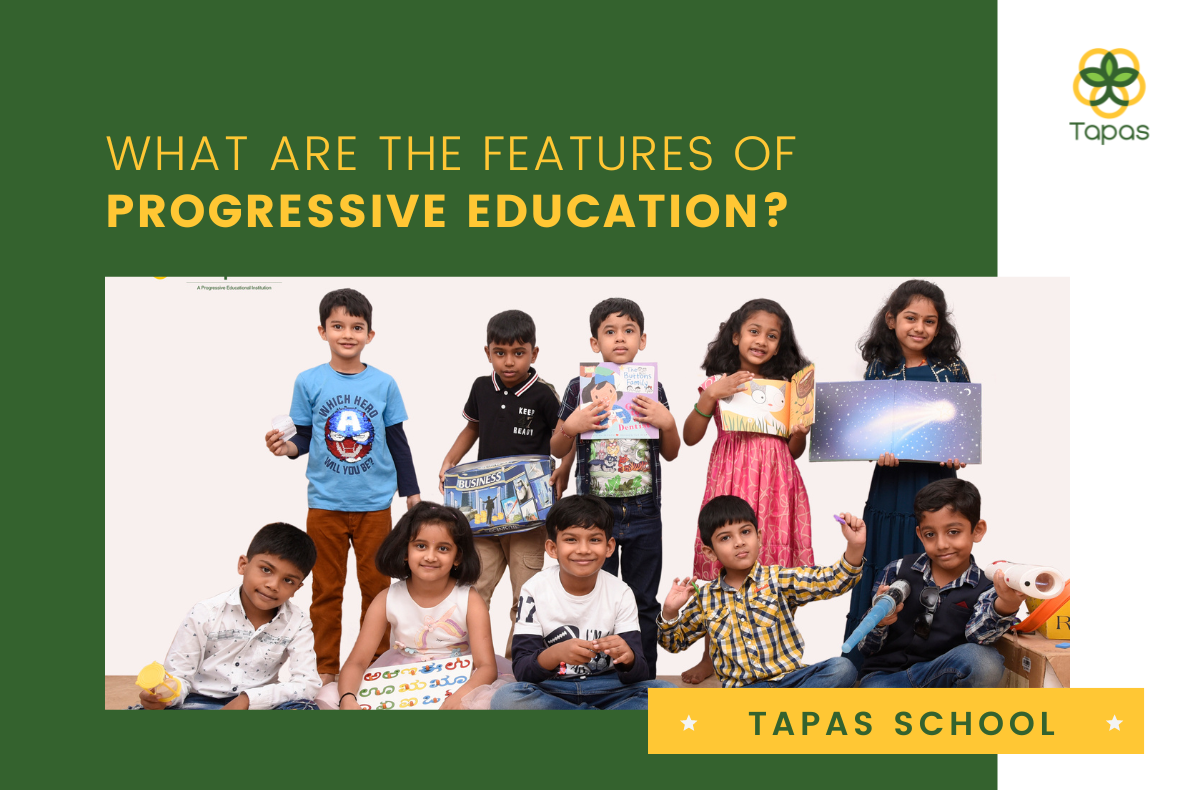The term “progressive education” is used to describe an educational philosophy that emphasises critical thinking skills, experiential learning, and social responsibility. Some schools have adopted this type of education in order to provide students with a more hands-on approach to learning. Progressive educators believe that students should be given the opportunity to explore their own interests and find their passions, rather than being limited by what the school has deemed appropriate for them. Progressive Education focuses on children’s social, emotional, and intellectual development. It is also known as child-centered education.
The term progressive education was coined by John Dewey in education reform. The progressive pedagogy was a significant part of Dewey’s philosophy. In his time, educators considered the progressive approach to be a type of education that would have broader social and political implications. Progressive education is opposed to traditional education in which children are expected to memorize knowledge, whereas progressive education advocates educational experiences that allow children to think critically and learn by using what they have learned in different settings. Progressive educators believe that the method of teaching should be based on the needs and interests of each individual student. In today’s society, education is sometimes criticized as being a tool for social advancement. Low-income students are often put into classes before they are prepared for them, and their grades suffer as a result.

Progressive education means different things to different people, but most progressive educators agree that it involves providing children with opportunities to learn through exploration, experimentation, and other activities that are engaging and interactive. Progression is also based on the idea that children learn best with questions, not answers.
Tapas School is an example of a Progressive Educational Institution in Bangalore.
What are some of the main benefits of studying in a progressive educational institution?
The benefits of progressive education are that it provides a more interactive and less rigid environment for the students. The students are encouraged to explore their surroundings in order to learn about themselves, the world around them, and what they can do in it. Students are more holistically trained to take on the problems of tomorrow. Progressive Education makes your child’s education future proof.
What are some of the key features of Progressive Education?
 a) In progressive education, teachers serve as facilitators or guides. Lectures are replaced by active collaborative learning. In progressive education classrooms, students have a say in the pace and style of learning, unlike in traditional classrooms.
a) In progressive education, teachers serve as facilitators or guides. Lectures are replaced by active collaborative learning. In progressive education classrooms, students have a say in the pace and style of learning, unlike in traditional classrooms.
b) Progressive education is student-centered. This leads progressive education curriculums to be interest-based, which encourages learning way more than traditional grade-based systems.
c) Students learn topics by undertaking the practical applications of theoretical concepts. Such hands-on investigative learning builds up a natural curiosity amongst children, which serves them well throughout their lives.
d) Progressive education encourages collaborative learning, thus leading to more empathetic students.
e) Practically doing things helps students find creative ways to solve problems. This also enhances critical thinking skills amongst students.
Tapas is a progressive learning institution in Bangalore that engages students in project-based learning programs. They follow a project-based learning structure to teach the students. This new methodology has been met with a lot of enthusiastic reception from educators and parents alike. Progressive Education Institutions are the future of the education ecosystem and Tapas is learning the way in Bangalore, India.

